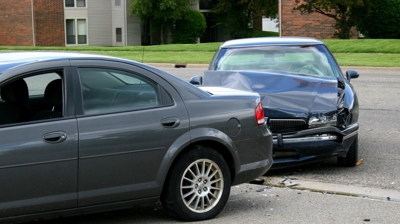
St. Petersburg Slip and Fall Attorney
Handling Slip & Fall Injury Cases
St. Petersburg, Florida, with its picturesque waterfront and vibrant culture, is not immune to slip and fall accidents. If you’ve ever experienced a slip and fall, you might be wondering if you have a viable case. In this blog, we’ll unravel the criteria for slip and fall cases in St. Petersburg and explore why choosing Kemp Law for representation is a decision backed by experience and local insight.
Understanding Slip and Fall Cases in St. Petersburg
Local Landmarks and Accident Hotspots
St. Petersburg’s beautiful landmarks, such as The Dali Museum and the serene Sunken Gardens, often attract crowds. Unfortunately, these areas can also become accident hotspots. Slip and fall incidents commonly occur on the bustling Central Avenue and Beach Drive, where foot traffic is high.
Key Criteria for Slip and Fall Cases
Determining if you have a slip and fall case involves assessing key criteria:
- Negligence: Did the property owner or occupier fail to maintain a safe environment?
- Causation: Was the negligence the direct cause of your slip and fall?
- Damages: Did the incident result in measurable damages, such as medical bills or lost wages?
Meeting these criteria is crucial for a successful slip and fall claim.
Why Choose Kemp Law?
Local Expertise and Knowledge
Kemp Law understands the nuances of St. Petersburg’s legal landscape. With a team well-versed in local regulations, they can navigate the complexities of your slip and fall case efficiently.
Proven Success in Personal Injury Cases
The firm’s track record in personal injury cases, including slip and fall accidents, speaks volumes. Check out some of their notable case victories here.
Client-Centric Approach
Kemp Law prioritizes client satisfaction. From the initial consultation to case resolution, their team ensures clear communication and a thorough understanding of your unique situation.
Take Action with Kemp Law
If you’ve experienced a slip and fall in St. Petersburg, Kemp Law is your ally in seeking justice. To explore your legal options or schedule a consultation, visit Kemp Law today.






